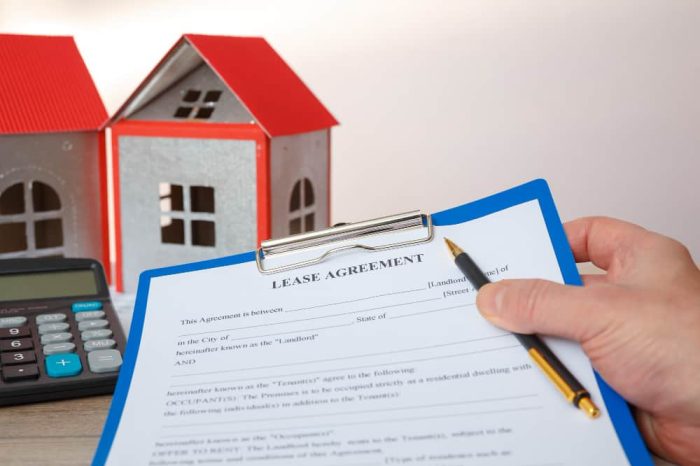Property purchase agreement
A property purchase agreement is a legal contract between a buyer and a seller for the sale and purchase of a property. It raises various legal issues, such as property ownership, transfer of ownership, and title disputes. Property purchase agreements also have international legal implications, such as governing law, jurisdiction, and dispute resolution mechanisms.
Find best lawyers for Property purchase agreement
Issues related to Property purchase agreement
Legal Aspects
Several legal aspects must be considered when entering a property purchase agreement. Here are some key points to remember:
- The agreement should be in writing. This is important so that the parties have a clear record of what has been agreed upon. Oral agreements are more difficult to enforce if there is later disagreement.
- Ensure all required details are included in the agreement, such as the parties’ names, the property’s address, the purchase price, and any conditions attached to the sale (e.g. financing).
- Have the agreement reviewed by a lawyer before signing it.
When you are ready to purchase a property, it is vital to have a written purchase agreement. This document can help protect both the buyer and the seller in case there are any problems with the transaction. The purchase agreement should include the following information:
-The full legal names of both the buyer and the seller.
-The address of the property being purchased.
-A description of the property, including any improvements made to it.
-The purchase price of the property.
-How the purchase price will be paid (e.g., in cash, by a mortgage, etc.).
-The date when possession of the property will be transferred from seller to buyer.
-Any other relevant terms.
The time of transfer of goods in a property purchase agreement is when the ownership of the property is legally transferred from the seller to the buyer. This can happen in several ways, but the most common is a deed or title transfer. The time of transfer is generally considered when the title is transferred, as all rights and liabilities associated with the property are passed on to the new owner.


If you’re thinking about purchasing a property, it’s essential to be aware of the potential for the purchase agreement to be violated. Here are some things to remember if you find yourself in this situation:
- Review the purchase agreement carefully. Look for any language that explicitly states what will happen if one of the parties violates the agreement. This can help you understand your legal rights and options.
- Talk to an experienced real estate attorney. They can review the purchase agreement and advise you on your legal options, including filing a lawsuit against the party who violated it.
- Go through mediation or arbitration. If both parties agree, these methods can resolve the issue.
Latest Articles
Tell us more about your problem.
Please give a brief description about what it is you need to talk to our lawyers about ?
Frequently Asked Questions
How can I protect my purchase in a UK-based property purchase agreement?
In the UK, you should conduct a title and legal searches, purchase property insurance, provide an accurate evaluation of the property, fully understand the terms and conditions of the purchase, and have a conveyancer or solicitor provide legal advice.
What is the process for transferring property ownership in China?
The process involves a title search, signing a purchase contract, and obtaining a Certificate of Land Use Rights and ownership certificate. You may also need to obtain approval from the relevant authorities.












